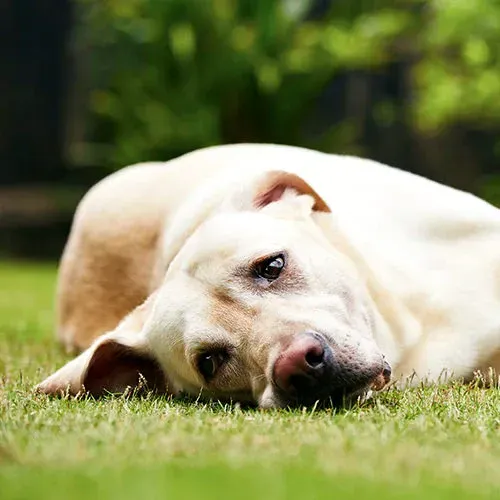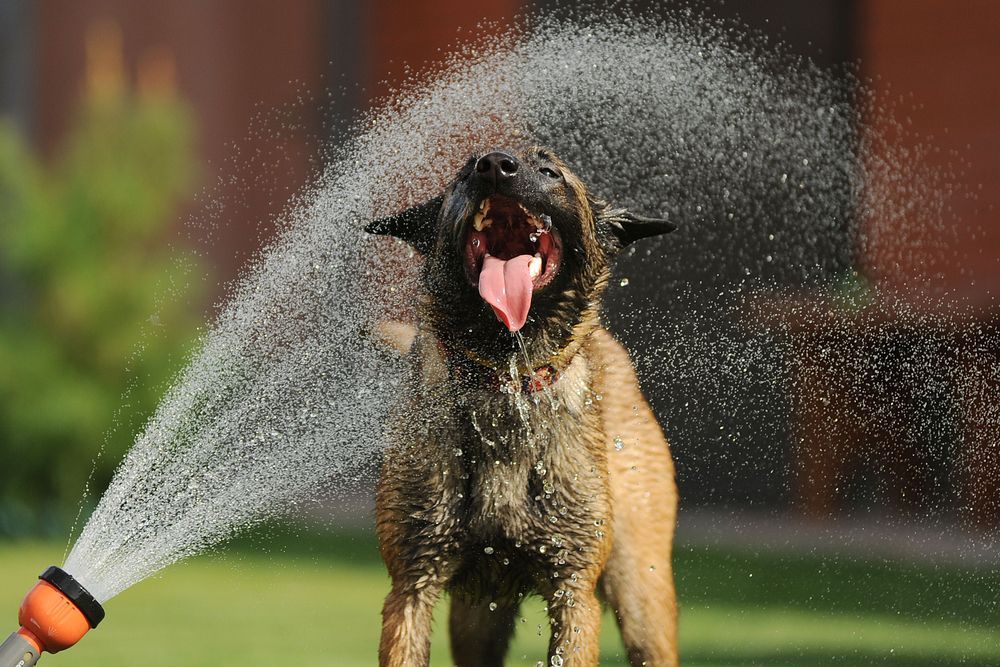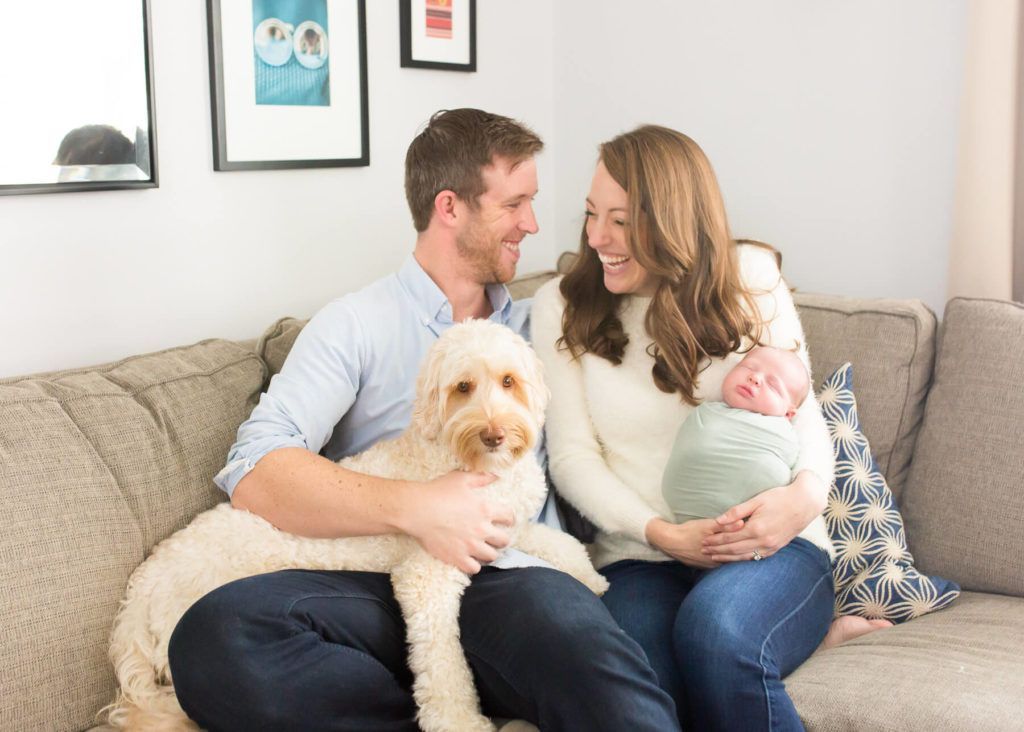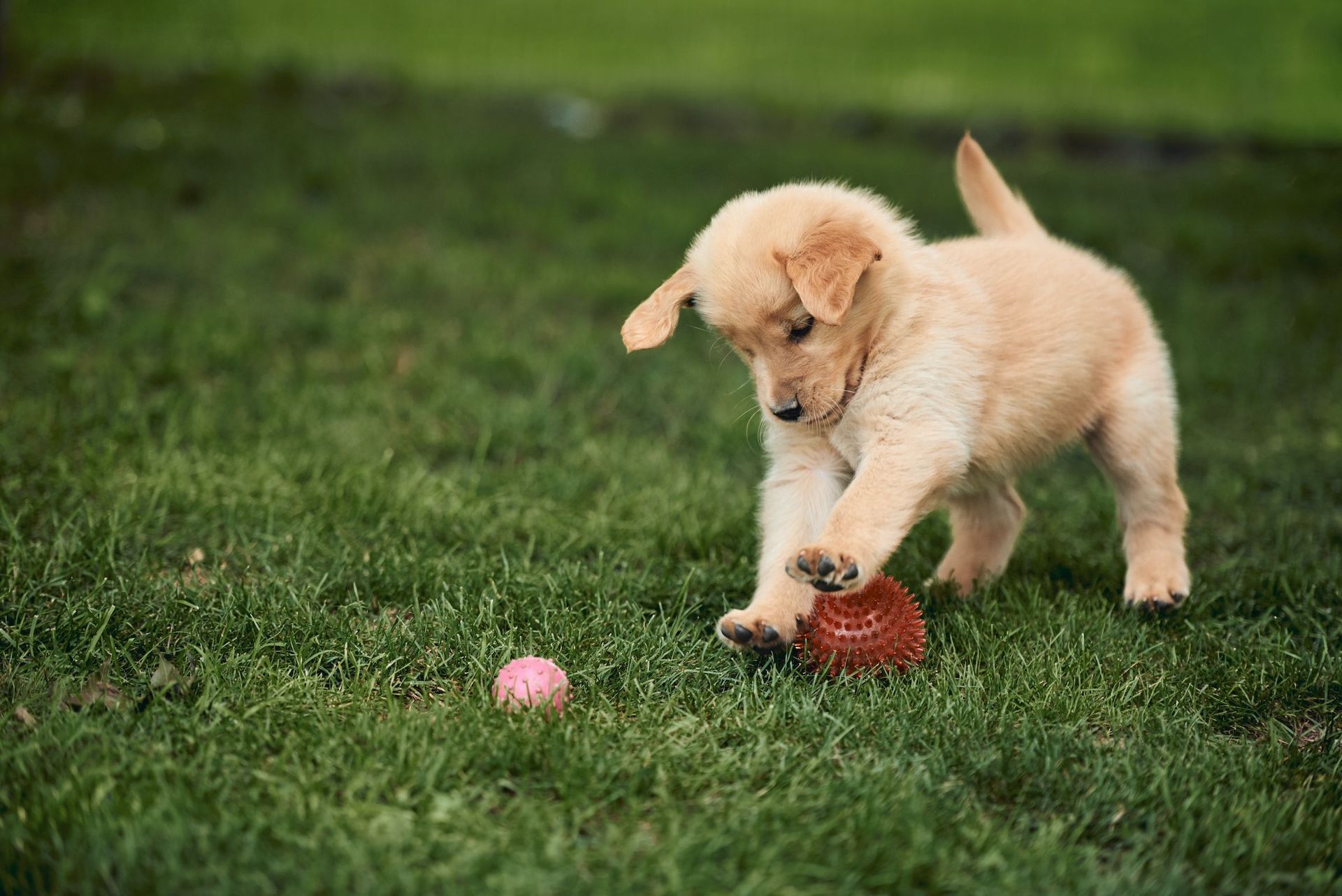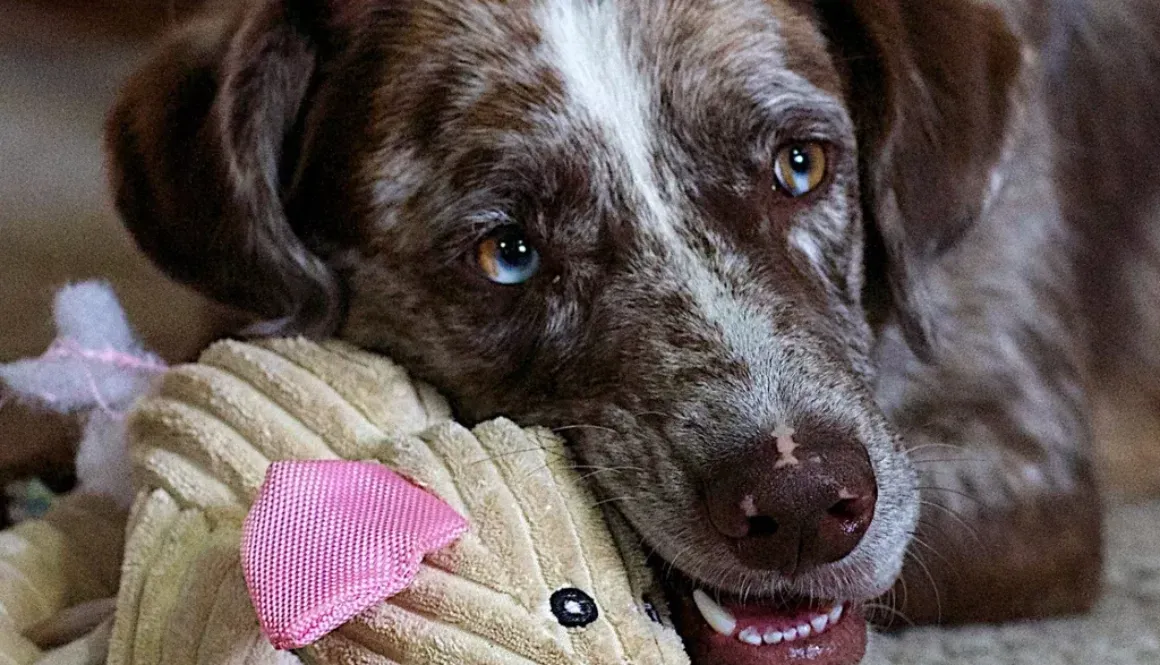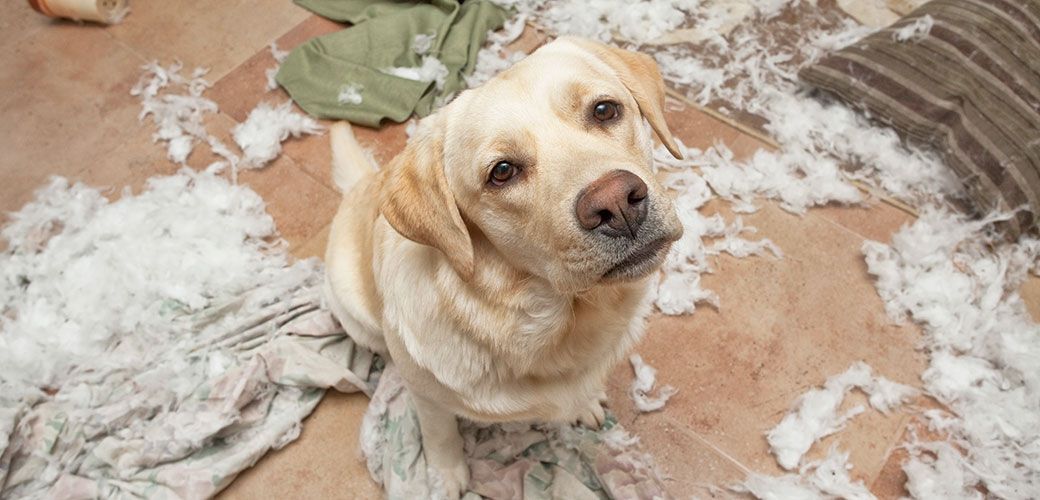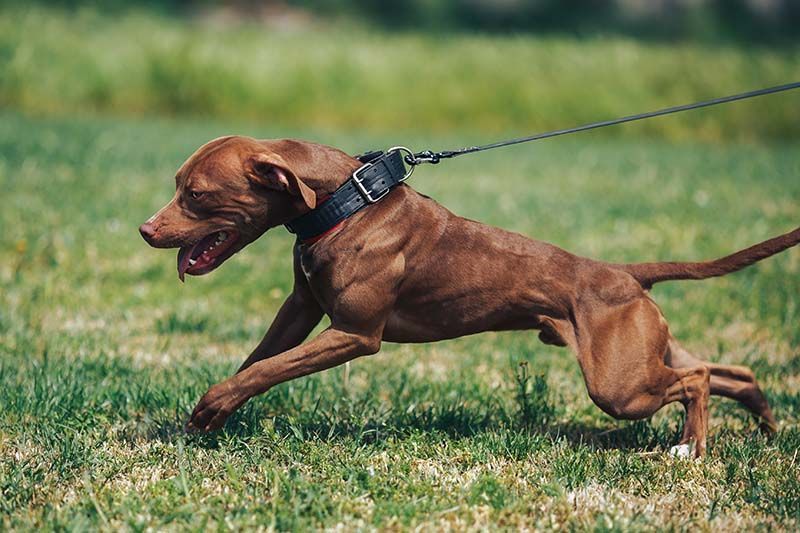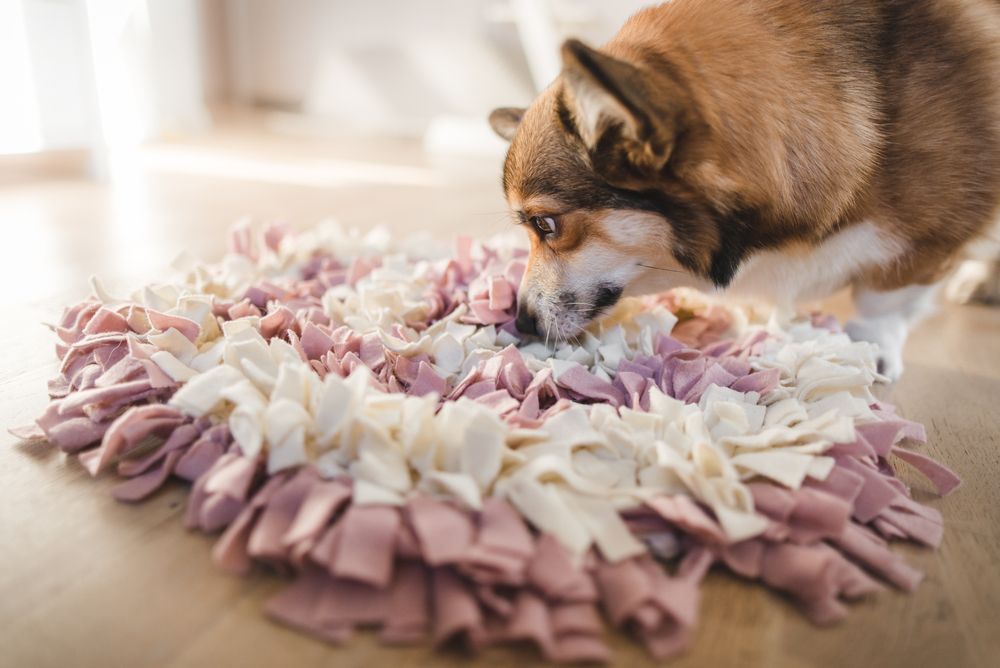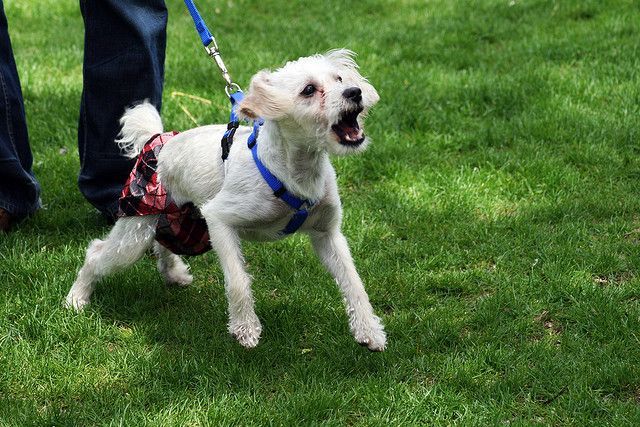When and How to Socialise Your Puppy
What is Puppy Socialisation?
Socialising your puppy is one of the most important steps in raising a well-rounded, confident, and happy dog. Done correctly and at the right time, socialisation sets your pup up for success in interacting with people, other dogs, and the world around them. Here’s what you need to know to get started.
Puppy socialisation involves exposing your puppy to a variety of experiences, environments, people, and other animals in a safe and controlled way. The goal is to help your puppy develop positive associations with new things, reducing fear and anxiety later in life.
Why is Socialisation Important?
Builds Confidence: Puppies that are socialised properly are less likely to develop fear-based behaviours.
Prevents Behavioural Issues: Proper socialisation can prevent issues like aggression, fearfulness, or excessive barking.
Improves Adaptability: Socialised puppies are better at handling changes in their environment or routine.
The Critical Socialisation Period
The prime time for socialisation is between 3 to 16 weeks of age. During this period, puppies are most receptive to new experiences. While socialisation should continue throughout their life, the experiences they have during this window can have a lasting impact on their temperament and behaviour.
When to Start Socialising Your Puppy
After Vaccinations: Consult your vet to ensure your puppy is protected before introducing them to public places or other dogs.
At Home: Begin socialisation as soon as your puppy comes home. Focus on safe and controlled interactions.
How to Socialise Your Puppy
Introduce New People:
Invite friends and family over to meet your puppy.
Expose your puppy to people of different ages, genders, and appearances, including those wearing hats, glasses, or carrying umbrellas.
Expose Them to New Environments:
Take your puppy to different places like parks, streets, and shops (if allowed).
Allow them to experience various surfaces, such as grass, gravel, and wooden floors.
Introduce Other Dogs and Animals:
Arrange playdates with vaccinated, well-behaved dogs.
Expose them to other animals, like cats or birds, in a controlled way.
Desensitise Them to Sounds:
Play recordings of common noises, such as traffic, fireworks, or vacuum cleaners, at a low volume.
Gradually increase the volume to help your puppy get used to these sounds.
Positive Reinforcement:
Reward your puppy with treats, praise, or play whenever they have a positive interaction.
Avoid forcing your puppy into situations they find overwhelming.
Tips for Successful Socialisation
Go at Your Puppy’s Pace: Watch for signs of stress or fear, such as cowering, lip licking, or tail tucking. If your puppy seems uncomfortable, take a step back.
Keep Interactions Positive: Use treats and praise to create positive associations.
Stay Calm and Confident: Your puppy will take cues from your behaviour.
Be Patient: Socialisation is a process. Repetition and consistency are key.
What to Avoid
Overwhelming Your Puppy: Avoid exposing your puppy to too many new things at once.
Negative Experiences: Don’t force your puppy into interactions they’re not ready for. A bad experience can set back their progress.
Continued Socialisation
Socialisation doesn’t stop after the critical period. Continue introducing your dog to new experiences throughout their life to reinforce positive behaviours and adaptability.
Need Help with Socialisation?
At K9X, we understand the importance of early socialisation. Our tailored training sessions can guide you and your puppy through this crucial phase, ensuring they grow into a well-adjusted adult dog.
